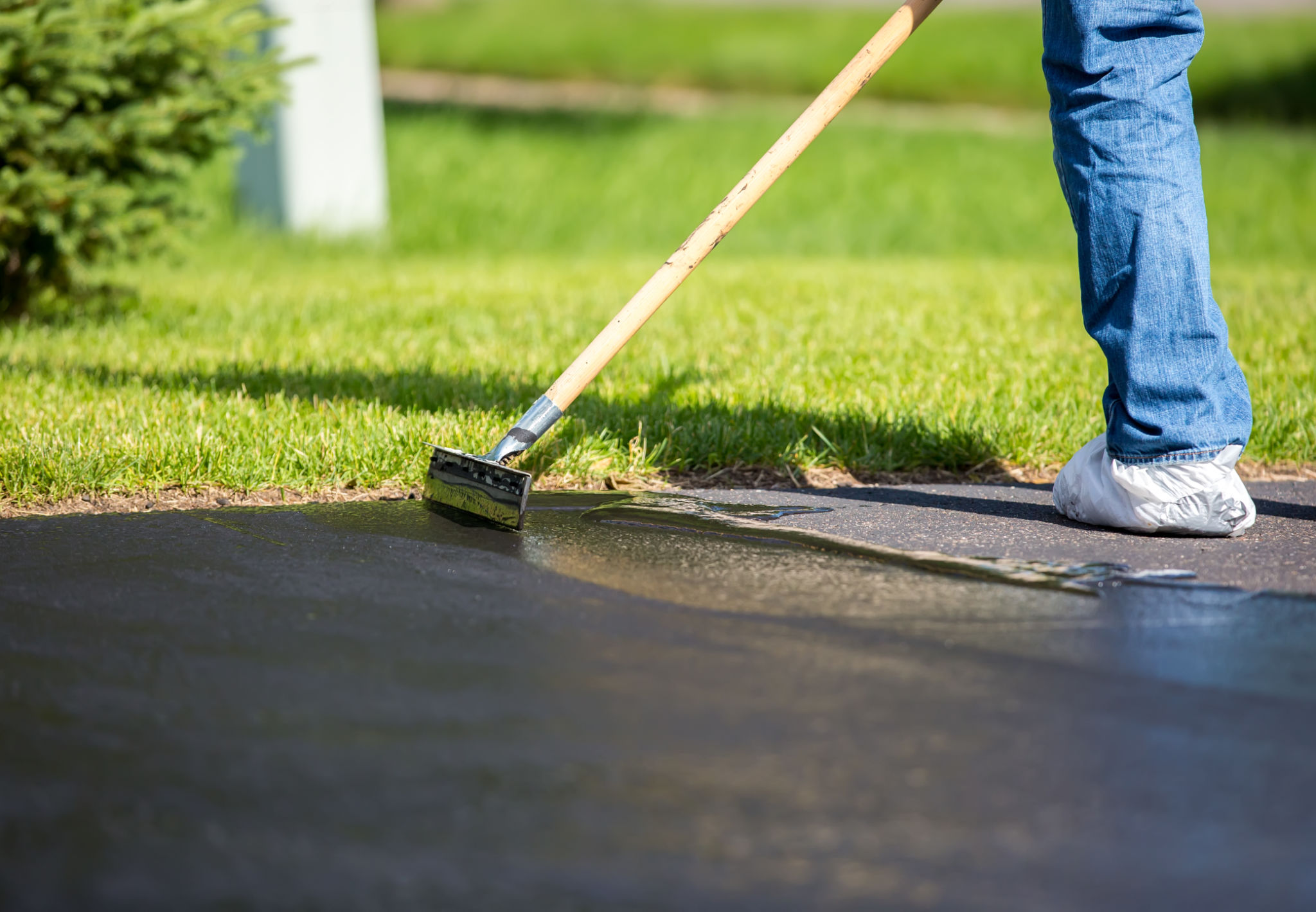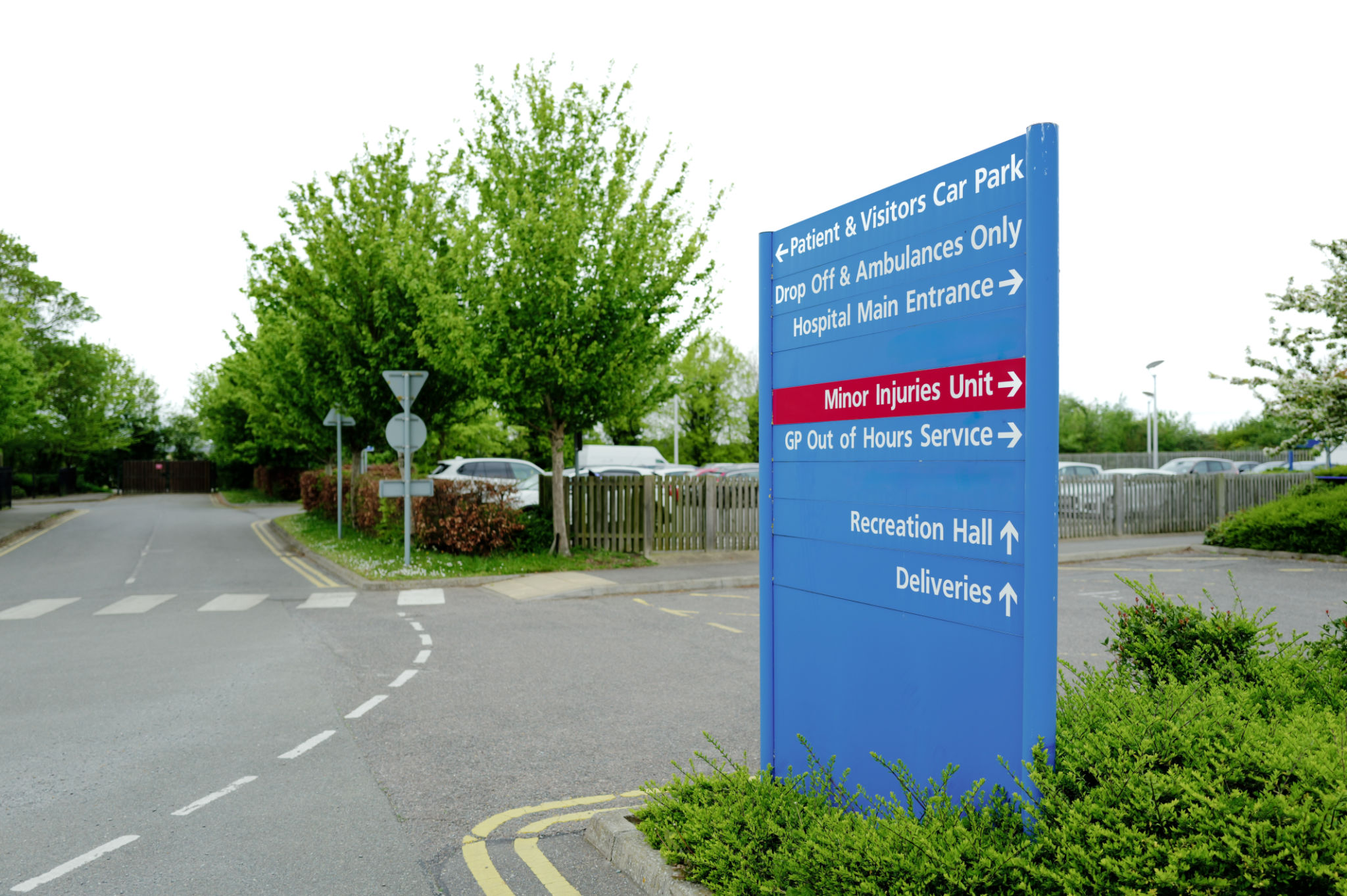Understanding Sealcoating: Protecting Your Asphalt Investment
Understanding Sealcoating: Protecting Your Asphalt Investment
Asphalt driveways and parking lots are valuable investments that enhance the aesthetics and functionality of your property. However, like any investment, they require proper maintenance to ensure longevity. One of the most effective ways to protect and extend the life of your asphalt surfaces is through sealcoating.
Sealcoating is a process of applying a protective layer over the asphalt surface. This layer acts as a barrier against damaging elements such as water, UV rays, oil, and chemicals. By doing so, it helps maintain the integrity and appearance of the asphalt, ultimately saving you from costly repairs in the future.

Why Sealcoating is Essential
The primary purpose of sealcoating is to provide a protective shield for your asphalt surfaces. It prevents water from seeping into the asphalt, which can lead to cracks and potholes. Additionally, it protects against oxidation caused by sun exposure, which can make the asphalt brittle and more prone to damage.
Beyond protection, sealcoating also enhances the visual appeal of your driveway or parking lot. It provides a fresh, black finish that gives the surface a well-maintained and professional look. This can be particularly beneficial for businesses looking to create a positive first impression on customers.

The Sealcoating Process
The process of sealcoating involves several steps to ensure optimal results. Here's a brief overview:
- Cleaning: The surface must be thoroughly cleaned to remove dirt, debris, and any existing oils.
- Repairing: Any cracks or potholes need to be filled and repaired before applying the sealcoat.
- Applying the Sealcoat: The sealcoat is applied using a spray or squeegee method, ensuring even coverage.
- Curing: The sealcoat needs time to cure and harden before it's ready for use.

Frequency of Sealcoating
How often you need to sealcoat your asphalt surfaces depends on several factors, including the climate and traffic levels. Generally, it's recommended to sealcoat every 2 to 3 years. However, areas with harsh weather conditions or high traffic may require more frequent applications.
It's important to monitor the condition of your asphalt regularly. If you notice fading or minor surface damage, it might be time to consider another round of sealcoating to ensure continued protection.
Benefits of Regular Sealcoating
Regular sealcoating offers several benefits that contribute to the longevity and performance of your asphalt surfaces:
- Cost-effectiveness: By preventing damage, sealcoating reduces the need for expensive repairs.
- Enhanced Appearance: A freshly sealed surface looks clean and professional.
- Increased Durability: It strengthens the surface against wear and tear.

Choosing the Right Sealcoating Professional
While some property owners may opt for DIY sealcoating, hiring a professional ensures that the job is done correctly and efficiently. Professionals have the experience and equipment needed to apply an even coat and address any repairs necessary before sealcoating.
When selecting a contractor, look for someone with a strong reputation, plenty of experience, and a portfolio of successful projects. Getting multiple quotes and checking references can also help you make an informed decision.
By understanding the importance of sealcoating and choosing the right professionals for the job, you can maximize the lifespan of your asphalt investment while keeping it looking its best year after year.